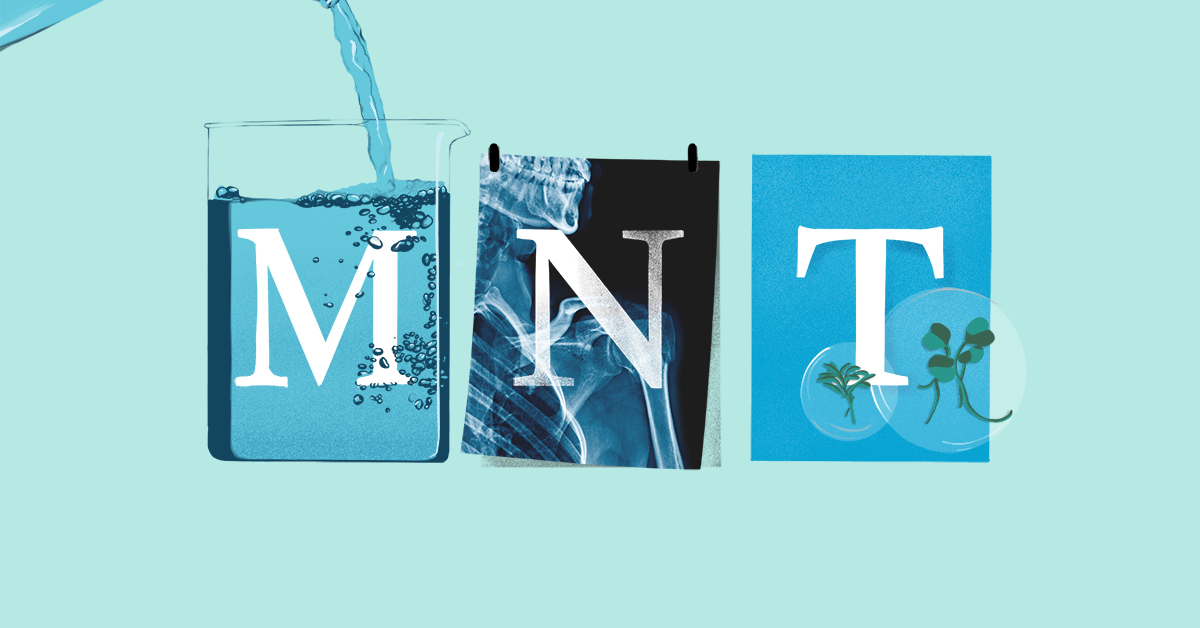Researchers have found a seemingly safe way to administer drugs directly into the brain: through a previously unknown type of neurotransmitters. They tested this approach in mice.

The blood-brain barrier poses a crucial challenge for doctors hoping to deliver drugs and other therapeutic substances directly to the brain.
A new study from researchers at Tufts University in Boston, MA, describes a way of getting medication safely across the blood-brain barrier.
The researchers found that certain neurotransmitters can help lipid-based nanoparticles pass through the blood-brain barrier and into the brain.
Corresponding author, Tufts biomedical engineer Qiaobing Xu says that:
“We can deliver a wide range of molecules by packaging them into the lipid-based nanoparticles without chemically modifying the drugs themselves. We can also achieve delivery across the blood-brain barrier without disrupting the integrity of the barrier.”
The study appears in Science Advances.
The blood-brain barrier consists of a blood vessel lining of endothelial cells that keeps foreign molecules from escaping from the blood vessels and entering the brain fluid where they could affect neurons and other brain cells. The barrier is highly selective about the non-native molecules it allows into the brain, and that includes therapeutic substances.
While small molecule or macromolecule drugs have the potential to treat brain tumors, infections, neurogenerative disorders, and stroke, the presence of the blood-brain barrier makes it difficult for doctors to administer such therapies.
Scientists have attempted various workarounds, and none have proven sufficiently safe or effective. Direct injection of compounds into the brain, as well as efforts to force ‘leaks’ through th

